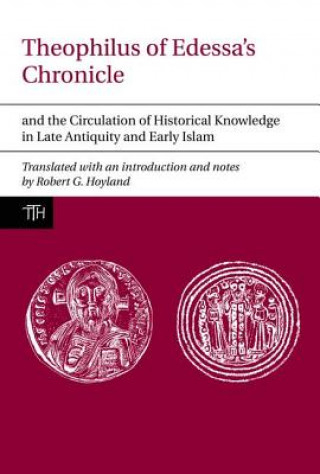
Kód: 05099949
Theophilus of Edessa's Chronicle and the Circulation of Historical Knowledge in Late Antiquity and Early Islam
Theophilus of Edessa was an astrologer in the court of the Muslim caliphs from the 750s to the 780s, a time when their capital, Baghdad, was a thriving cosmopolitan centre of culture and trade and one of the most populous and pros ... celý popis
- Jazyk:
 Angličtina
Angličtina - Vazba: Brožovaná
- Počet stran: 272
Nakladatelství: Liverpool University Press, 2011
- Více informací o knize

1806 Kč

Skladem u dodavatele v malém množství
Odesíláme za 10-14 dnů
Potřebujete více kusů?Máte-li zájem o více kusů, prověřte, prosím, nejprve dostupnost titulu na naši zákaznické podpoře.
Přidat mezi přání
Mohlo by se vám také líbit
-
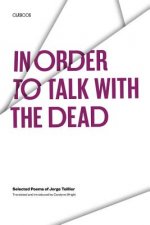
In Order to Talk with the Dead
707 Kč -

Winter's Heart
323 Kč -
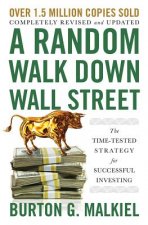
Random Walk Down Wall Street
853 Kč -
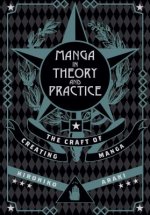
Manga in Theory and Practice
462 Kč -

Fit Baby, Smart Baby, Your Babay!
407 Kč -
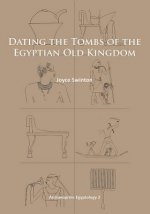
Dating the Tombs of the Egyptian Old Kingdom
1316 Kč -

KartoGrafija Turisticno-nauticna Karta Dalmatia, 2 Bl.
326 Kč -

Skilled Migration, Expectation and Reality
4990 Kč -

Picture This
1221 Kč -
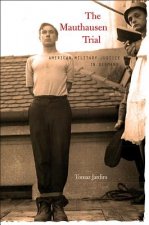
Mauthausen Trial
1384 Kč -
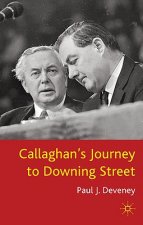
Callaghan's Journey to Downing Street
1681 Kč -
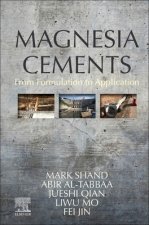
Magnesia Cements
6422 Kč -
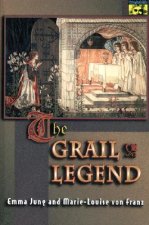
Grail Legend
815 Kč -
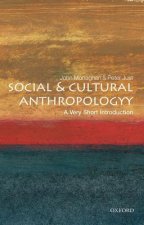
Social and Cultural Anthropology: A Very Short Introduction
250 Kč
Darujte tuto knihu ještě dnes
- Objednejte knihu a zvolte Zaslat jako dárek.
- Obratem obdržíte darovací poukaz na knihu, který můžete ihned předat obdarovanému.
- Knihu zašleme na adresu obdarovaného, o nic se nestaráte.
Více informací o knize Theophilus of Edessa's Chronicle and the Circulation of Historical Knowledge in Late Antiquity and Early Islam
Nákupem získáte 181 bodů
 Anotace knihy
Anotace knihy
Theophilus of Edessa was an astrologer in the court of the Muslim caliphs from the 750s to the 780s, a time when their capital, Baghdad, was a thriving cosmopolitan centre of culture and trade and one of the most populous and prosperous cities of the world. He was fluent in Greek, Syriac and Arabic, and he used this ability to bring together a number of historical sources in each of these languages and blend them into a single chronicle that charted events in the Near East from 590 to the 750s. his work is no longer extant, but it was cited extensively by a number of later historians and Robert Hoyland has collected and translated all these citations so as to give an impression of the scope and content of the original text. This is important, because this chronicle underlies much of our historical knowledge about the seventh and eighth century Near East, which was a crucial period in the region, witnessing as it did the devastating war between the two superpowers of Byzantium and Iran, the Arab conquests and the rise to power of the first Muslim Arab dynasty, the Umayyads (660-750), and their subsequent overthrow by a new dynasty, the Abbasids, who moved the capital of the Muslim Empire from Damascus to Baghdad. Hoyland also indicates the links between Theophilus' chronicle and other historical works, by Muslims as well as Christians, in order to illustrate the considerable degree of sharing of historical ideas and information that occurred among the various communities of the Near East. The material translated consists of the sections of four chroniclers that deal with the period 590-750s: one in Greek (Theophanes the Confessor, d. 818), one in Arabic (Agapius of Manbij, fl. 940s) and two in Syriac (Michael the Syrian, d. 1199, and an anonymous author, fl. 1230s, who were both relying on the chronicle of Dionysius of Telmahre, d. 845). The latter three either had not been translated into English before (thus Agapius and Michael the Syrian) or had only partially been translated (the anonymous chronicler of the 1230s).
 Parametry knihy
Parametry knihy
Zařazení knihy Knihy v angličtině Humanities History Regional & national history
1806 Kč
- Plný název: Theophilus of Edessa's Chronicle and the Circulation of Historical Knowledge in Late Antiquity and Early Islam
- Jazyk:
 Angličtina
Angličtina - Vazba: Brožovaná
- Počet stran: 272
- EAN: 9781846316982
- ISBN: 1846316987
- ID: 05099949
- Nakladatelství: Liverpool University Press
- Hmotnost: 490 g
- Rozměry: 210 × 165 × 22 mm
- Datum vydání: 03. August 2011
Oblíbené z jiného soudku
-

Hundred Years' War on Palestine
356 Kč -

Ethnic Cleansing of Palestine
378 Kč -

History of Japan
404 Kč -

Ten Myths About Israel
341 Kč -

Strange Death of Europe
433 Kč -

Decline and Fall of the Roman Empire
130 Kč -

Secret History
303 Kč -

God's Playground A History of Poland
1700 Kč -

Mayflower
388 Kč -

How to be a Victorian
303 Kč -

Plantagenets
357 Kč -

General's Son
425 Kč -

Iran: A Very Short Introduction
250 Kč -

Temples of Karnak
3798 Kč -

Cuneiform
276 Kč -

Twenty Years A-Growing
250 Kč -

China in Africa
906 Kč -

History of Witchcraft in England from 1558 to 1718
460 Kč -

Bohemian Paris
415 Kč -

Islandman
250 Kč -

Lancaster And York
490 Kč -

Alexiad
427 Kč -

Inside Hitler's Greece
518 Kč -

Modern France: A Very Short Introduction
283 Kč -

Diana: Her True Story - In Her Own Words
323 Kč -

The Fourth Turning
393 Kč -

The Oxford History of Ancient Egypt
384 Kč -

Churchill: The Power of Words
433 Kč -

Palestine
564 Kč -

Korean History in Maps
707 Kč -

Great Gatsby (Wisehouse Classics Edition)
407 Kč -

Viking Way
1145 Kč -

The Thirteenth Tribe
309 Kč -

My Promised Land
378 Kč -

Vanished Kingdoms
542 Kč -

Age Of Revolution
410 Kč -

Life and Death of Anne Boleyn
585 Kč -

Coming of the Third Reich
464 Kč -

Children of Ash and Elm
487 Kč -

Europe Between the Oceans
798 Kč -

Socialism Betrayed
478 Kč -

303 Squadron
464 Kč -

Ancient Celts, Second Edition
655 Kč -

Dancing in the Glory of Monsters
396 Kč -

Battle of Britain: Luftwaffe Blitz (Images of War)
606 Kč -

Age of Confucian Rule
851 Kč -

Beyond Band of Brothers
410 Kč -

Benjamin Franklin
410 Kč -

On China
487 Kč
Osobní odběr Praha, Brno a 12903 dalších
Copyright ©2008-24 nejlevnejsi-knihy.cz Všechna práva vyhrazenaSoukromíCookies


 Vrácení do měsíce
Vrácení do měsíce 571 999 099 (8-15.30h)
571 999 099 (8-15.30h)